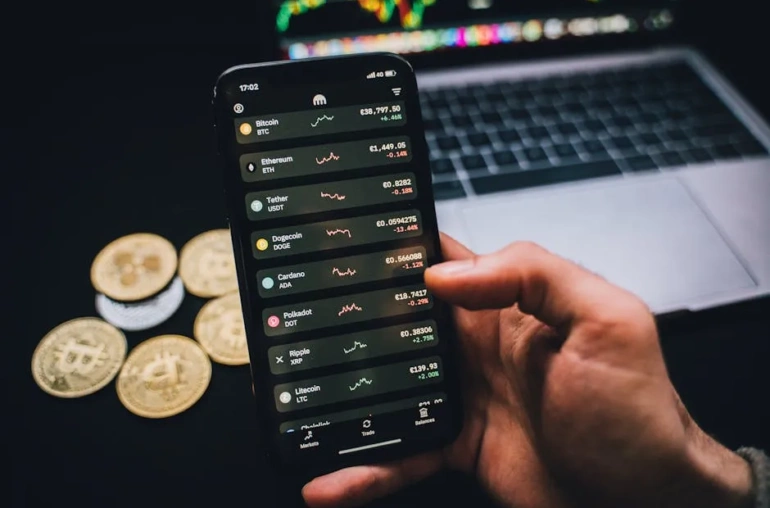
North Korean Hackers Target macOS Users in Elaborate Crypto Malware Campaign
In a concerning development for the cryptocurrency industry, cybersecurity researchers have uncovered a new malware campaign attributed to North Korean hackers. This sophisticated attack specifically targets macOS users, employing multi-stage tactics to infiltrate crypto firms and steal sensitive data.

How the Attack Works
According to a report from Sentinel Labs, the hackers are using a combination of social engineering and technical exploits to compromise Apple devices. The attack unfolds in several phases:
- Initial Contact: Victims receive seemingly legitimate messages or documents, often impersonating trusted entities in the crypto space.
- Malware Delivery: Once the target interacts with the content, malicious code is deployed, exploiting vulnerabilities in macOS.
- Data Exfiltration: The malware establishes a backdoor, allowing hackers to steal credentials, private keys, and other sensitive information.
Why Crypto Firms Are at Risk
North Korean hacking groups, such as the infamous Lazarus Group, have long targeted cryptocurrency companies due to the potential for high financial gains. This latest campaign demonstrates their evolving tactics, now focusing on macOS—a platform often perceived as more secure than Windows.
“The attackers are leveraging advanced obfuscation techniques to evade detection,” said a Sentinel Labs spokesperson. “They’re also using legitimate Apple developer certificates to bypass security checks.”
How to Protect Yourself
If you work in the crypto industry or handle digital assets, consider these precautions:
- Verify Sources: Always double-check the authenticity of unsolicited messages or files.
- Update Software: Ensure your macOS and security tools are up to date to patch known vulnerabilities.
- Use Multi-Factor Authentication (MFA): Adding an extra layer of security can prevent unauthorized access even if credentials are compromised.
- Monitor Network Activity: Unusual outbound connections could indicate a malware infection.
The Bigger Picture
This attack is part of a broader trend of state-sponsored cybercrime targeting the crypto sector. North Korea has been linked to several high-profile breaches, including the Ronin Network hack in 2022, which resulted in losses exceeding $600 million.
As cyber threats grow more sophisticated, crypto firms must prioritize security measures to safeguard their assets and user data. Staying informed about emerging threats is the first step in building a robust defense.
For real-time updates on cybersecurity threats in the crypto space, follow trusted sources like Sentinel Labs and other cybersecurity research firms.



